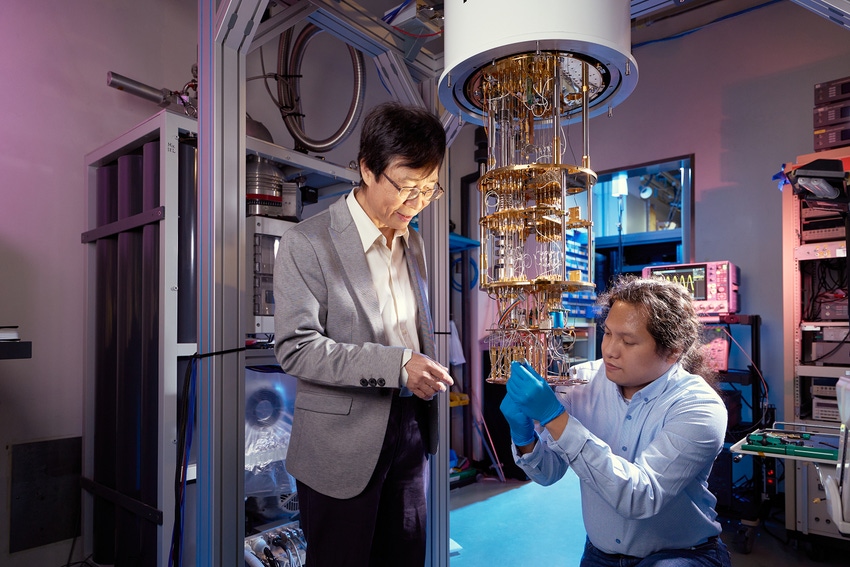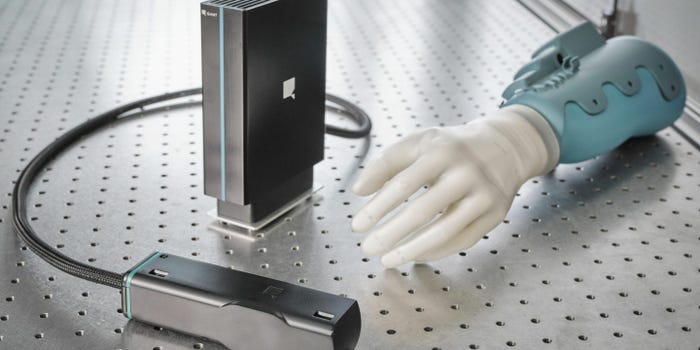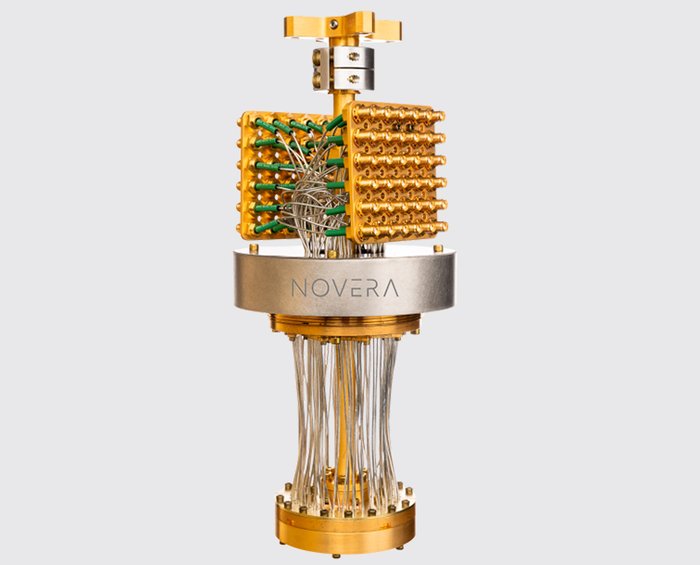
Connects decision-makers and solutions creators to what's next in quantum computing
Taiwan’s Domestically Built Quantum Computer Comes Online
Academia Sinica makes its 5-qubit superconducting technology available to researchers

Taiwanese research institute Academia Sinica has made the five-qubit superconducting quantum computer it developed available for researchers to use online.
The computer will be used by project collaborators for research and testing and also serves as a platform for use by other research and development units to develop extremely low-temperature CMOS – the semiconductor technology used in integrated circuits – and parametric amplifiers.
The project was funded by Taiwan’s National Science and Technology Council and was originally scheduled to deliver a three-qubit quantum computer by February. The Academia Sinica team exceeded expectations by delivering the five-qubit in October 2023. It boasts a high gate fidelity (a measure of stability) of 99.9%.
Academia Sinica president James Liao said that while the project delivered impressive results, faster and cheaper than similar efforts in other countries, this was an initial proof of concept phase. There will be a period of basic problem-solving before the quantum computer can be put to work on real applications.
"It is hoped that Academia Sinica's small step will drive the development of quantum research and related industries in Taiwan, attract more domestic and foreign talents to participate in the event, and seize opportunities for Taiwan in the field of quantum technology," Liao said.
Taiwan has historically produced semiconductor technology used around the world. Tensions between Western powers and China have seen legislation, including the U.S. Chips and Science Act, target domestic semiconductor development to reduce the need for imports. The rapid domestic development of quantum computing technology may be part of Taiwan’s response to this.
Academia Sinica’s collaborators on the project include the Industrial Technology Research Institute, National Applied Research Laboratories, National Changhua University of Education, National Central University, National Chung Hsing University, the University of California, Santa Barbara, and the University of Wisconsin-Madison.
About the Author(s)
You May Also Like
.png?width=100&auto=webp&quality=80&disable=upscale)
.png?width=400&auto=webp&quality=80&disable=upscale)




